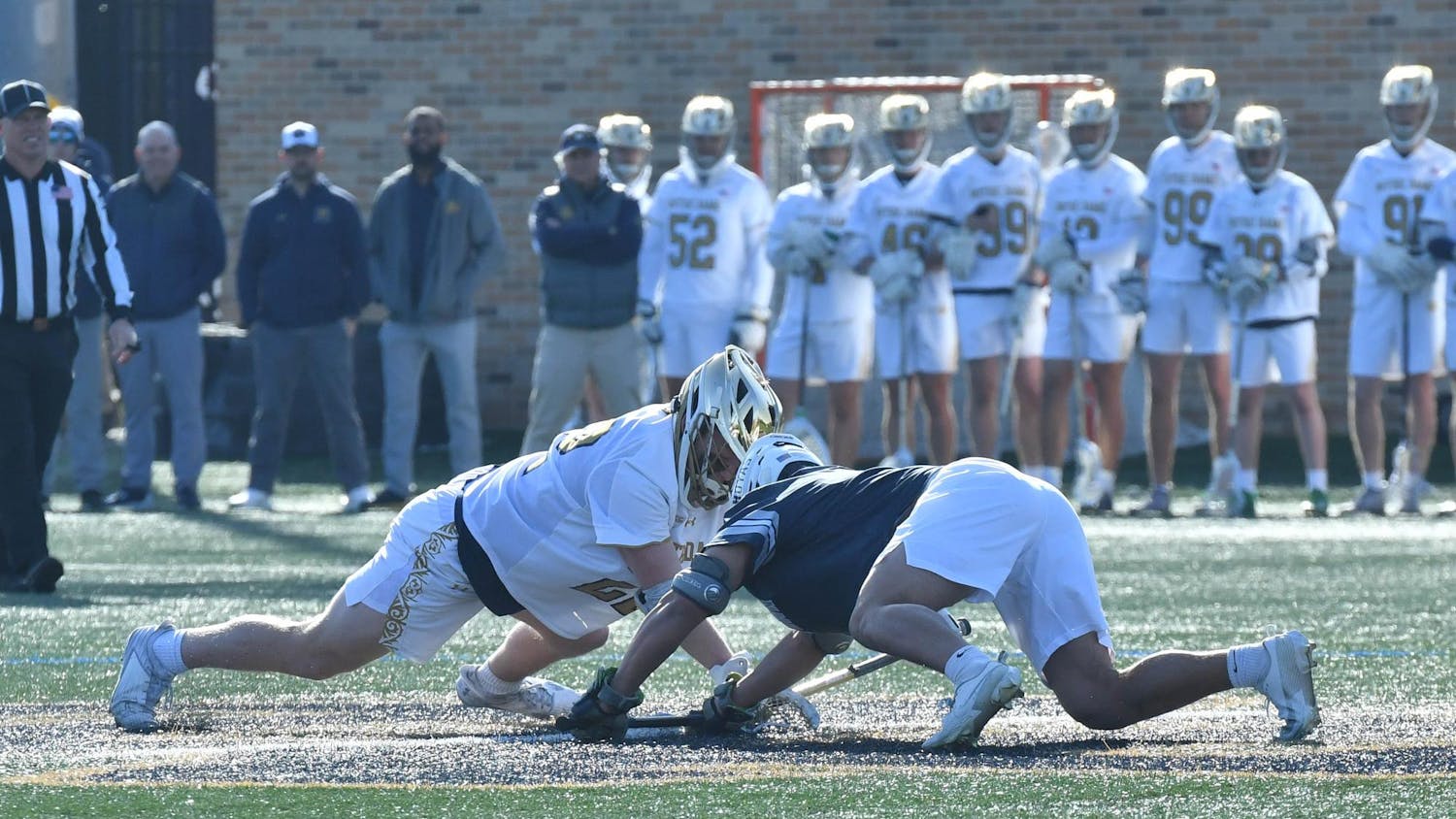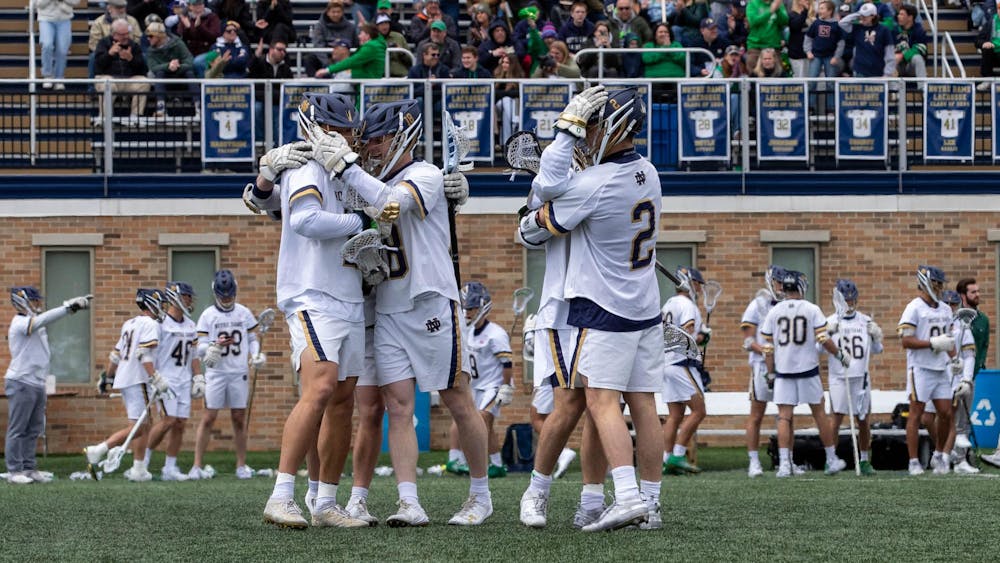Imagine being a Los Angeles Dodgers fan at SunTrust Park, home of the Atlanta Braves, for game three of the National League Division Series that wrapped up this week.
Starting pitcher Walker Buehler is on the mound, and he just walked opposing pitcher Sean Newcomb on four pitches to give the Braves a 1-0 lead. The next batter to step up to the plate with the bases loaded is rookie sensation Ronald Acuña Jr.
The home crowd in Cobb County, a northwest suburb of Atlanta, can smell blood in the water. Their favorite young outfielder with a .917 OPS and 26 home runs has an opportunity to pull the Braves out of their 2-0 series deficit.
This is Atlanta’s first sniff of the playoffs since 2013 — when the Braves lost to the Dodgers 3-1 in the first round. With the danger of a nearly identical script and Acuña up to hit, they are nervous, but excited to finally have a winner back on the diamond. With the speakers blaring, the fans attempt to swing their arms in unison while shouting out a war chant known as the Tomahawk Chop.
The image is shocking at first, especially for visiting fans making their first trip to the Braves’ home venue. More than 40,000 Braves fans swing their arms and foam tomahawks, struggling to sync up. The war chant, meant to represent that of Native Americans, grows louder as Acuña Jr. steps up to the plate.
When Acuña Jr. mashes a grand slam off Buehler, the roaring cheers grow louder, and the insufferable war chant starts all over again.
For every hit the Braves accumulate, the Tomahawk Chop seems to only grow in volume.
Growing up in Atlanta, hearing the chop during the postseason did not surprise me the same way it surprised other baseball fans from across the country. All across social media networks, beat writers and fans voiced their concerns with the chop. It was, for many, appalling.
The Tomahawk Chop is grotesque for several reasons. Grown adults freely swing their arms and chant their war cry. The mob of 40,000 fans, many of whom have no connection to Native American history or culture, have no problem participating in a grossly stereotypical rendition of a native war cry.
There is certainly no malicious intent behind the chop, but something about it remains off-putting for those fans who didn’t grow up hearing it. The chant began in the early 1990s when Deion Sanders, a former Florida State Seminole, joined the Braves. It is not deeply rooted in the history of the Atlanta Braves, but fans of the ball club defend it vehemently.
Perhaps the chop is deeply intertwined with those 14 division titles and five National League pennants that the Braves racked up from 1991 until 2005. The war chant is associated with the good feelings of winning, for many years in dominant fashion. It is closely tied to that 1995 World Series Title.
Braves fans hold on to the chop so firmly because it is a reminder of those exciting Atlanta teams of the 1990s. Now, however, it is time to ease away from the egregious war chant. It is an over-played and unnecessary staple of Braves home games.
Atlanta, it is time to put a stop to the Tomahawk Chop.













